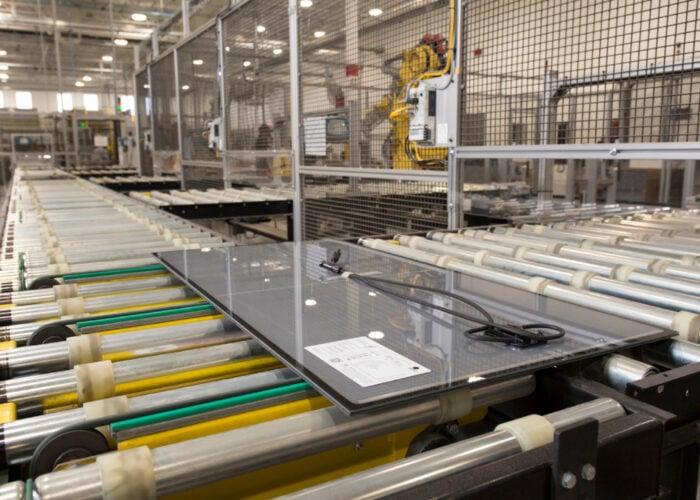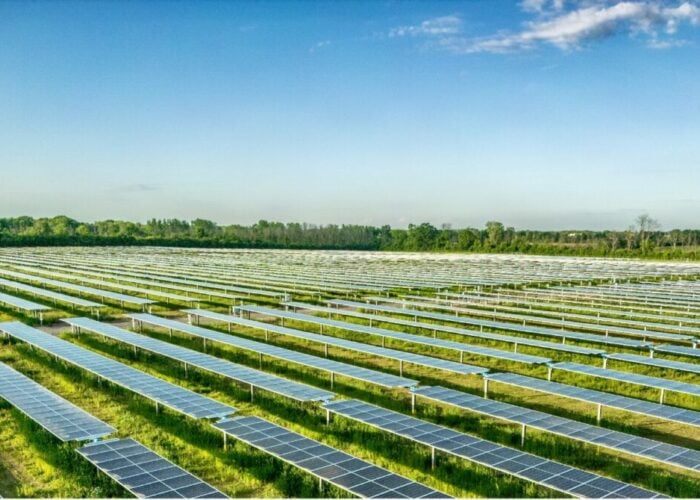
The European Bank for Reconstruction and Development (EBRD) has launched a new programme to improve access to green financing and support investment in areas such as renewable energy.
The ‘Greening financial systems: delivering climate finance for all’ programme aims to mobilise US$634 million in green financing, and is supported by a US$200 million investment – in the form of loans, grants and technical assistance – from the bank and the Green Climate Fund (GCF). The programme will be available in 13 countries, including Armenia, Moldova and Tajikistan.
Try Premium for just $1
- Full premium access for the first month at only $1
- Converts to an annual rate after 30 days unless cancelled
- Cancel anytime during the trial period
Premium Benefits
- Expert industry analysis and interviews
- Digital access to PV Tech Power journal
- Exclusive event discounts
Or get the full Premium subscription right away
Or continue reading this article for free
The EBRD noted that the money will be used to support “energy efficiency, renewable energy, sustainable construction and climate-resilient technologies”, with additional investments provided by partner financial institutions. The programme also offers what the EBRD called “financial incentives” for financial institutions that invest in projects aligned with the Paris Agreement, as it looks to secure additional funds for the clean energy transition.
This initiative could provide benefits for small-scale solar, in particular, due to its focus on small-scale energy systems and clean energy investments. The programme is designed to make green finance more accessible to “utilities and large corporates”, but also “households, smallholders” and small businesses, which have long been a key focus of solar industries in markets with less mature grid systems.
Two of the countries to receive support through this scheme – Egypt and Morocco – are in Africa, where small-scale solar has been particularly important.
Earlier this year, John van Zuylen, CEO of the Africa Solar Industry Association (AFSIA), told PV Tech Premium how the commercial and industrial (C&I) sector in particular has been a key component of Africa’s solar sector, and a means to provide access to electricity in the absence of large-scale grid infrastructure.






